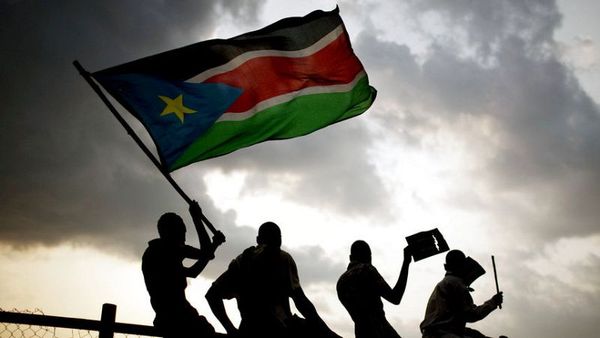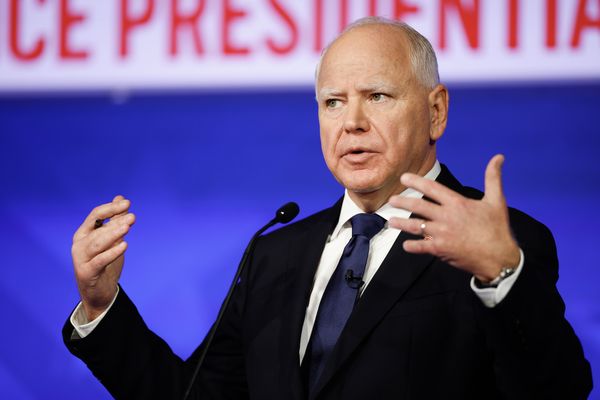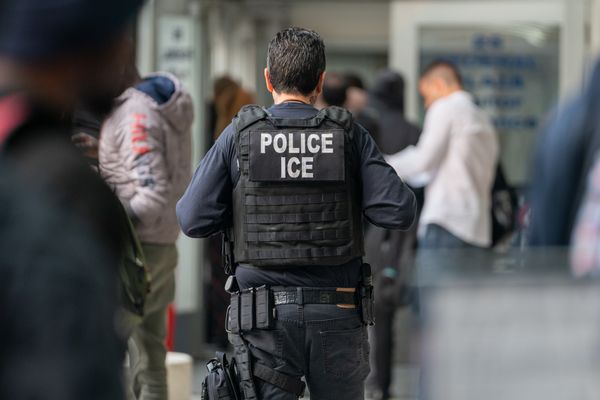
The election of South Korea’s Kim Jong-yang as president of Interpol after months of scandal will likely see the organisation return to its core mission, as delegates chose a career cop over Kremlin insider Alexander Prokopchuk.
While the role is largely ceremonial and day-to-day operations are handled by the general secretary, Kim will be tasked with salvaging the organisation’s reputation after the sudden departure of the previous president, Meng Hongwei of China, who was detained over allegations of corruption. Meng’s wife, Grace Meng, insists he is innocent, and says the charges are driven by a vendetta at his security ministry that has cast a spotlight on China’s authoritarian system.
Kim joined the police in 1992, rising to become the chief of police in Gyeonggi province, the most populous in South Korea, before retiring in 2015 to become a vice-president at Interpol.
“He has a reputation for tenacity, and a lot of people in Korea have likened him to a bulldozer: whatever he wants to do, he will get it done,” said Lee Chang-Hoon, a professor in the department of police administration at Hannam University in Daejeon. “He’ll likely push for more cooperation between agencies on investigations and focus particularly on transnational cybercrimes.”
His election represents a high-profile win for a government program known as the “K-cop wave”, with South Korean officials looking to mimic the global popularity of K-pop music, this time with policing tactics.
The program was established in 2015 and has trained officers from dozens of countries, with a focus on east Asian nations with large Korean populations. It has seen the establishment of several dedicated desks in countries such as the Philippines and Vietnam, and also pushed Korean policing products on the international market.
South Korea’s police have a chequered past. During years of dictatorship, they were feared as instruments of the regime and helped crush pro-democracy protests in the southern city of Gwangju in 1980 in which hundreds died. In recent years the police have faced criticism over the perception they do not take crimes against women seriously.







